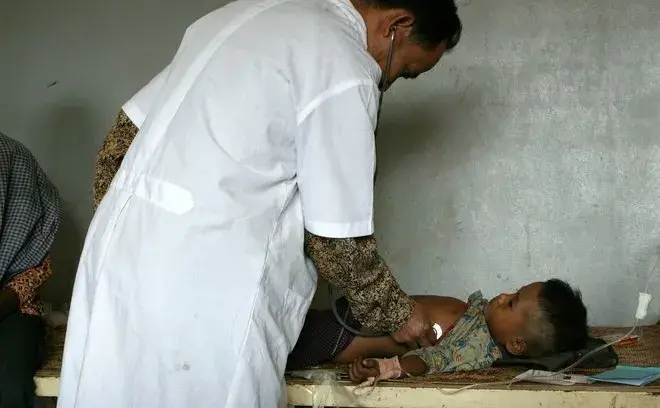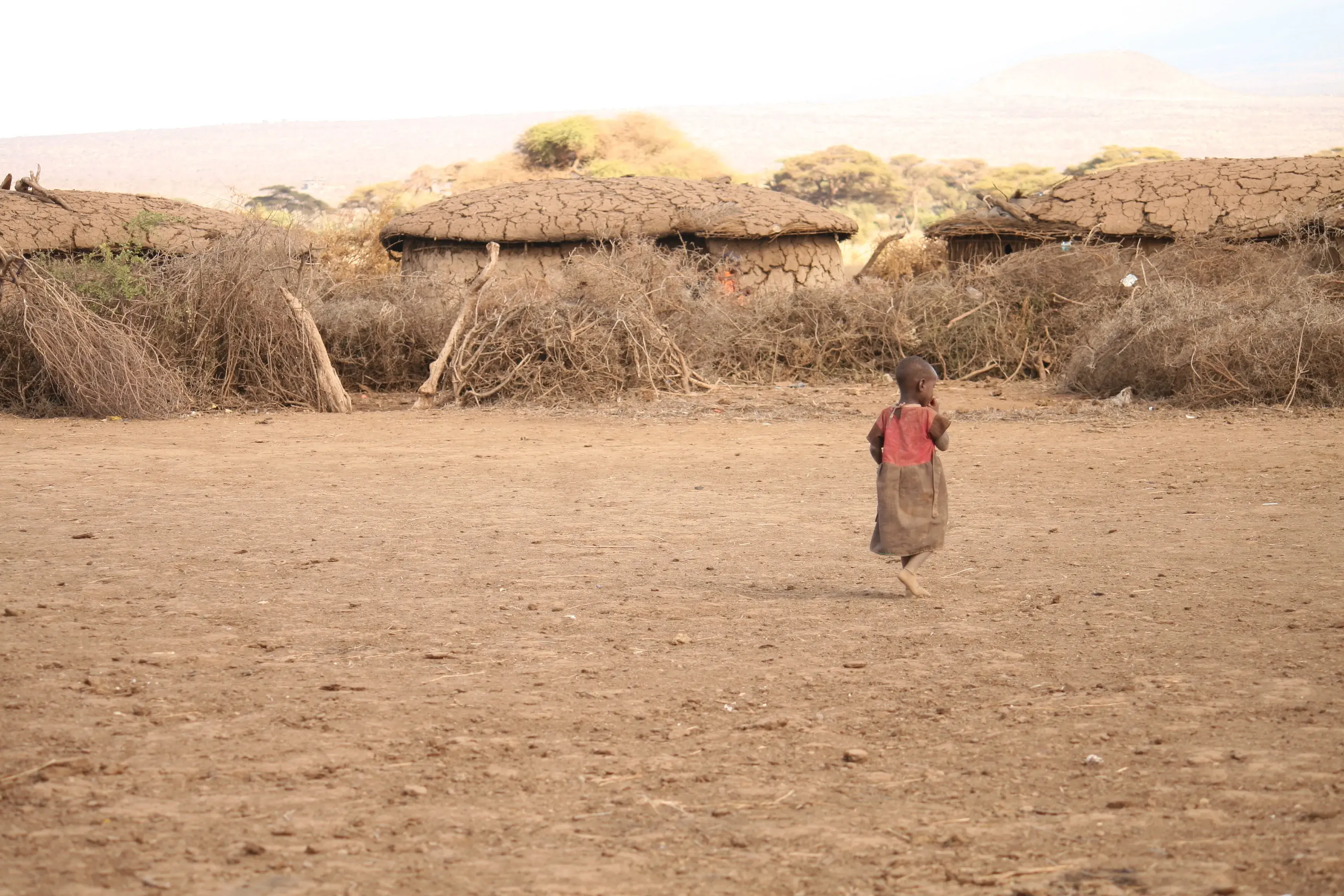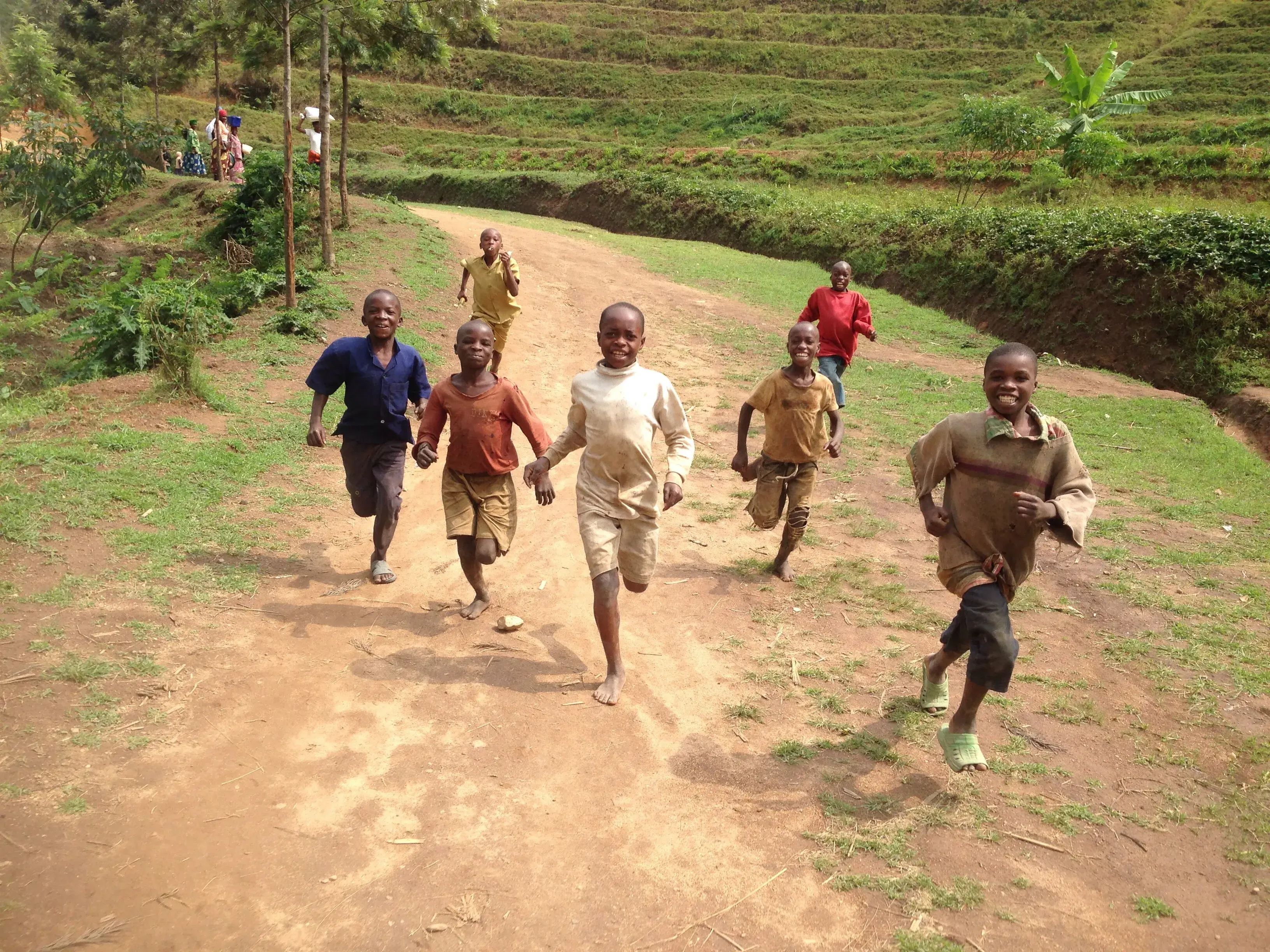Kenya Perspectives on Post-2015 Development Goals
The Post-2015 Consensus held a country specific seminar on the post-2015 development agenda in Kenya on 18th May.
The seventh seminar in a series of 9 seminars to be held around the world. The purpose of the country specific discussion is to bring together international economists with local sector experts in order to delve deeper into the potential benefits which the post-2015 development agenda could bring to the country and the necessity of prioritizing smart targets to achieve the desired outcomes for the country.
Through a dialogue led by the economists and sector experts across three themes: tuberculosis, non-communicable diseases and nutrition, the participants of the seminar were given a concrete understanding of potential good the post-2015 development agenda can do within Kenya if smart targets are prioritized for each theme.
For more information on prioritizing smart targets download the PDF presentation "The Smartest Targets For The World 2016-2030" by Bjorn Lomborg and scroll down for more information and resources to learn what the post-2015 development agenda could mean for Kenya.
Click here to see the full media coverage in Kenya.
Kenya Perspectives: Tuberculosis
Tuberculosis (TB) is a serious public health issue in Kenya. About 120,000 people a year develop TB (48,000 of them being HIV-positive) and 18,600 people die from it. It is the fourth largest cause of death, being responsible for about 6% of all deaths. Nearly two people an hour die from TB, despite effective treatments being available."
– Anna Vassall, Seminar Speaker

Kenya Perspectives: Non-Communicable Diseases
Kenya has a young but aging population. Currently the proportion of the population aged over 50 is 17% and by 2050 the number of adults is expected to almost triple, from 21 million to about 60 million. A growing number of premature deaths are due to NCDs, with half of all hospital admissions and deaths being NCD related at present.”
– Rachel Nugent, Seminar Speaker and Elizabeth Brouwer

Kenya Perspectives: Nutrition
Children’s welfare in Kenya has improved significantly since the turn of the century, but there has been very little progress until recently in reducing chronic undernutrition. A good diet is particularly important in the ‘first 1,000 days’, from conception to age two when growth potential is highest, there is a great need for nutrients and children are particularly vulnerable to infections.
– John Hoddinott, Seminar Speaker







